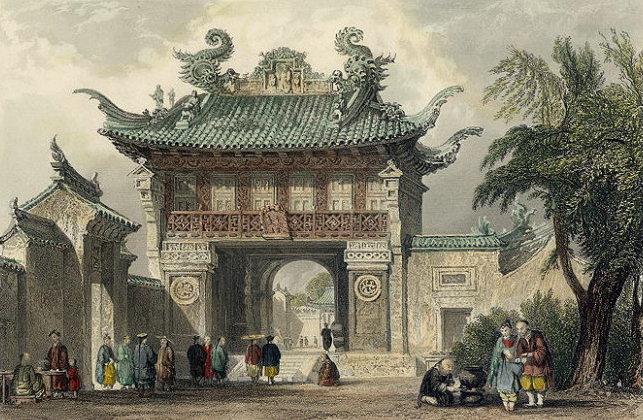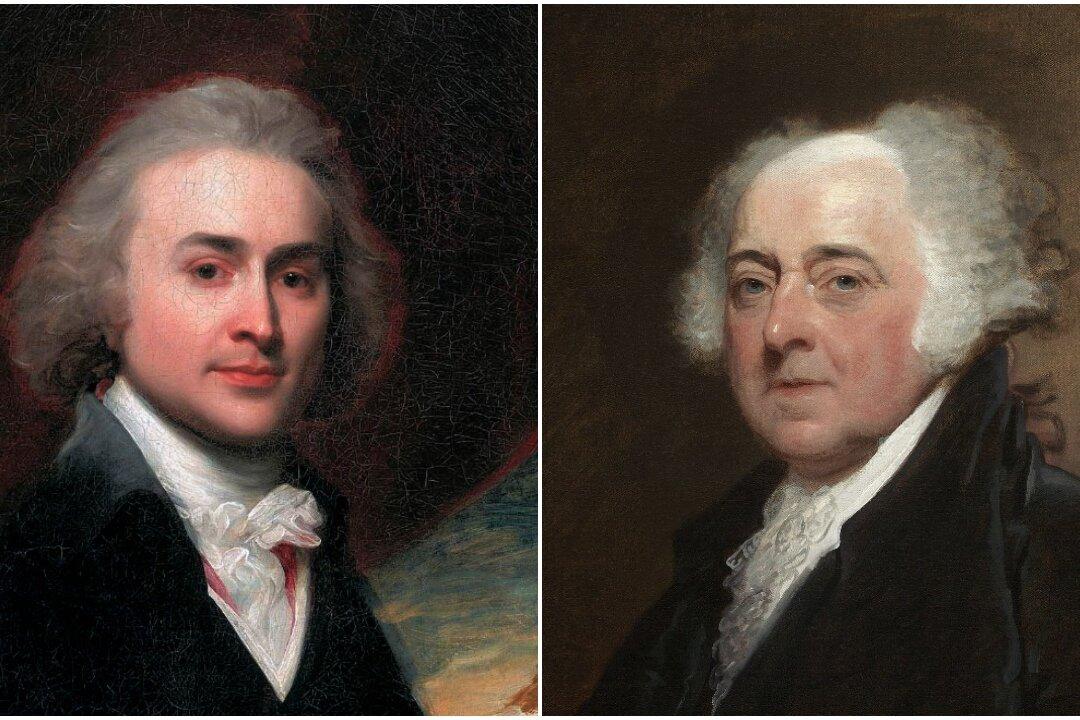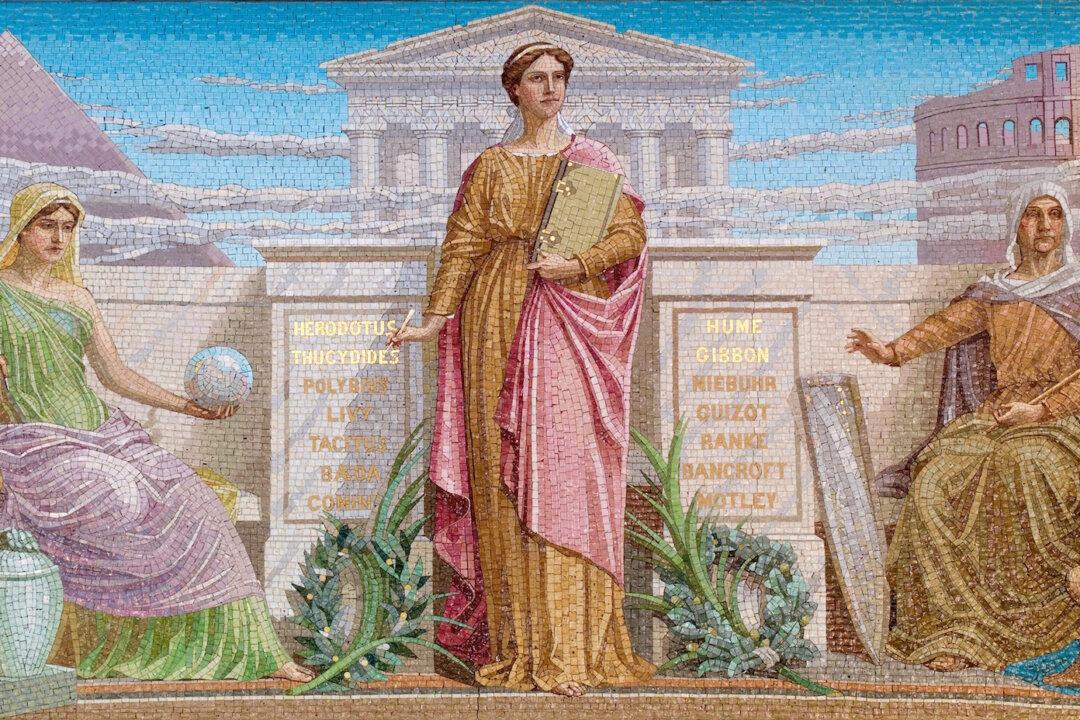For many years, I’ve exhorted everyone I know to develop a love of reading. I’m particularly passionate about encouraging parents (to get their children into reading) and young people (while they retain their youth, so they may become wise adults).
What I often say is that reading is not a matter of mere pleasure—in fact, this is the lowest form of reading. Reading, in its highest form, is about learning so that one may grow in virtue. I often recommend the subject of history, because in history we are presented with countless examples of human conduct by which we may be instructed in every imaginable subject that matters most for the well-lived life—things like character, statesmanship, and wisdom.






